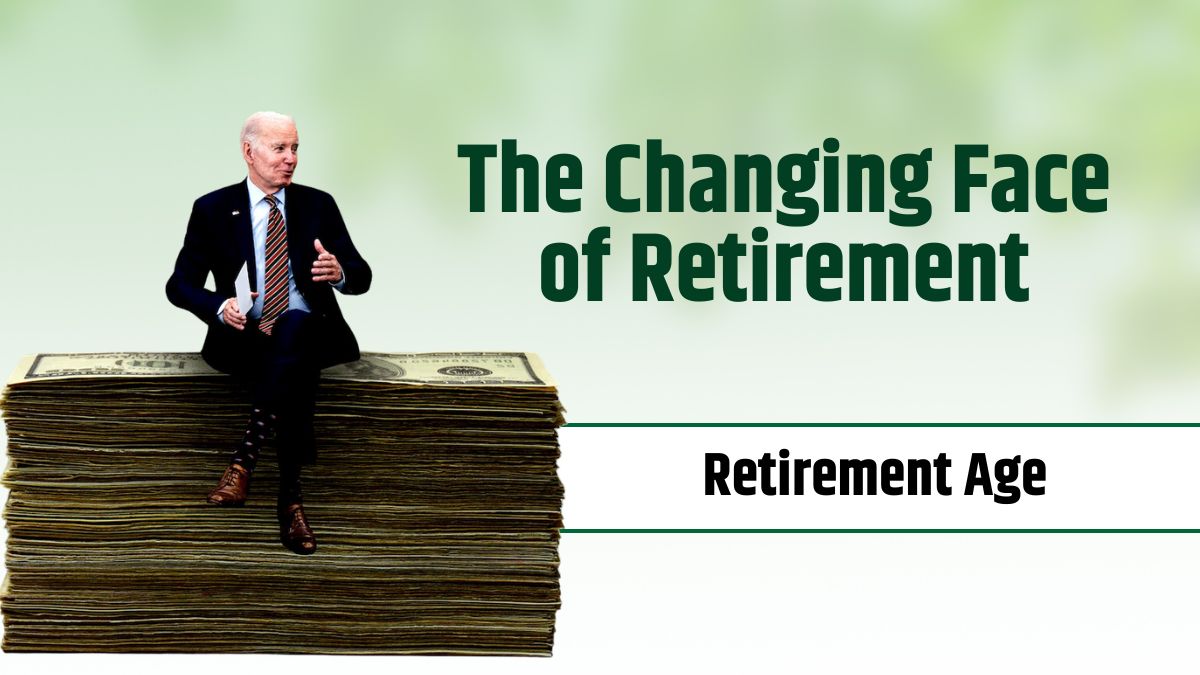The retirement age has long been a cornerstone of Social Security, but with debates and news surrounding potential changes, it’s time to rethink what we know about working age. In high-income countries, people are expected to retire two years later than current retirees, with some countries like Denmark planning to raise the retirement age to 74 by 2070.
Table of Contents
The Problem with a Fixed Working Age
Despite significant changes in society and labor markets, the working age remains 15 to 64. This fixed age group facilitates government spending and retirement planning but ignores the contributions of individuals above this age. In OECD countries, 23% of people aged 65-69 are still working, showing that chronological age is not the best measure of working life.
Beyond the Age of the Calendar
The concept of functional age, measuring physical and mental abilities, is used in some nations, but it’s limited to specific occupations. A more creative and adaptable strategy is needed, considering factors like disability, caregiving responsibilities, and unique incentives for different groups.
The Impact of Age
Ageism in the workplace and society is perpetuated by the focus on chronological age, leading to social and financial implications. Older people are often perceived as frail and less productive, facing discrimination in the workplace and receiving more pensions and Social Security benefits.
A New Approach to Save Social Security
The working age concept emerged during the Industrial Revolution, but it’s time for a dynamic, age-fluid approach that considers both economic and non-economic needs and contributions. Phasing out chronological age-based structures can help eliminate the artificial age divide and generational tensions.
What’s Next for Social Security and Retirement?
As we move forward, it’s essential to rethink the value of chronological age and consider a more holistic approach to Social Security and retirement. This may involve decoupling age from economic measures and recognizing the contributions of individuals of all ages.
FAQS
What is the proposed change in retirement age?
People in high-income countries are expected to retire two years later than current retirees.
How will this impact Social Security benefits?
Social Security benefits will likely change, with a focus on functional age and individual contributions.
What is functional age?
Functional age measures physical and mental abilities, used in specific occupations like police, firefighters, and pilots.
Why is the retirement age changing?
The retirement age is changing due to increasing longevity trends and the need for a more dynamic approach to retirement planning.











